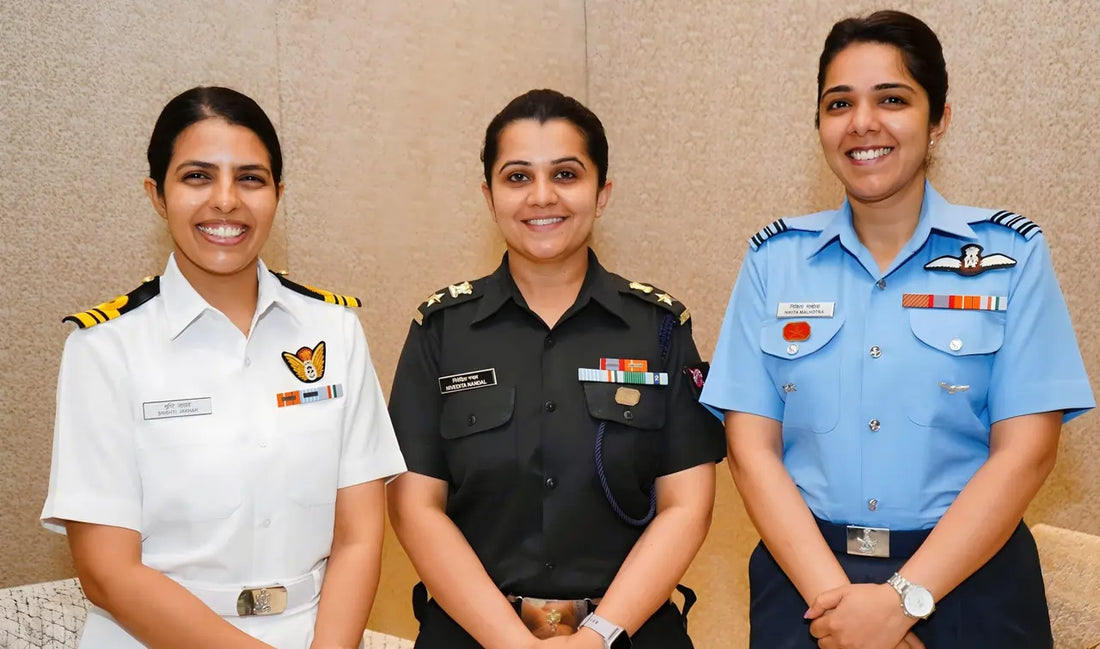Centre Affirms No Gender Bias in Granting Permanent Commission to Women SSC Officers in Supreme Court

The Indian government assured the Supreme Court on Wednesday that there is no gender-based discrimination against Short Service Commission (SSC) women officers in granting permanent commissions (PC). The Centre emphasized that all criteria are adhered to without gender bias.
A panel consisting of Justices Surya Kant, Ujjal Bhuyan, and N Kotiswar Singh heard petitions from both active and retired women officers. These officers alleged that despite their service in challenging areas and participation in significant operations such as Galwan, Balakot, and Operation Sindoor, they were unjustly denied permanent commissions.
Centre’s Stand
Additional Solicitor General Aishwarya Bhati, representing the Union government and the Army, stated that the annual confidential reports (ACRs) for officers are gender-neutral and assessments are based solely on merit.
Bhati explained to the bench that the Army follows a strict regime without discrimination, noting that the selection board does not have access to the officer's name during evaluations.
She clarified that while "criteria appointments," often involving difficult and hostile environments, are considered in evaluations, they are not the only factors for granting permanent commissions. She stated, "There are several aspects in the ACR which are considered at the time of grant of permanent commission. Criteria appointment is not the sole criteria."
Court’s Observations
The judges, however, questioned the selection policy, highlighting inconsistencies. They noted that officers from one SSC batch with 80 marks might be selected, whereas in another batch, officers with just 65 marks could qualify.
The court cautioned that women officers should not feel marginalized in the process of being granted permanent commissions.
The Women Officers’ Plea
The women officers contended that despite their involvement in crucial operations, including high-altitude missions, they were overlooked for permanent commissions. They also accused the Centre of repeatedly violating the Supreme Court’s directives from 2020 and 2021, which sought to ensure equal opportunities for women officers in the Army.
Vacancy Constraints
In response to these concerns, Bhati pointed out structural challenges, including an imbalance between regular officers and SSC officers. She mentioned that there is a limit of 250 officers considered for permanent commissions, and final selections are based on merit within each batch.
What’s Next
Further submissions from Bhati are expected on Thursday as the Supreme Court continues to investigate whether systemic issues in the policy persist in disadvantaging women SSC officers, despite previous court directives.



















